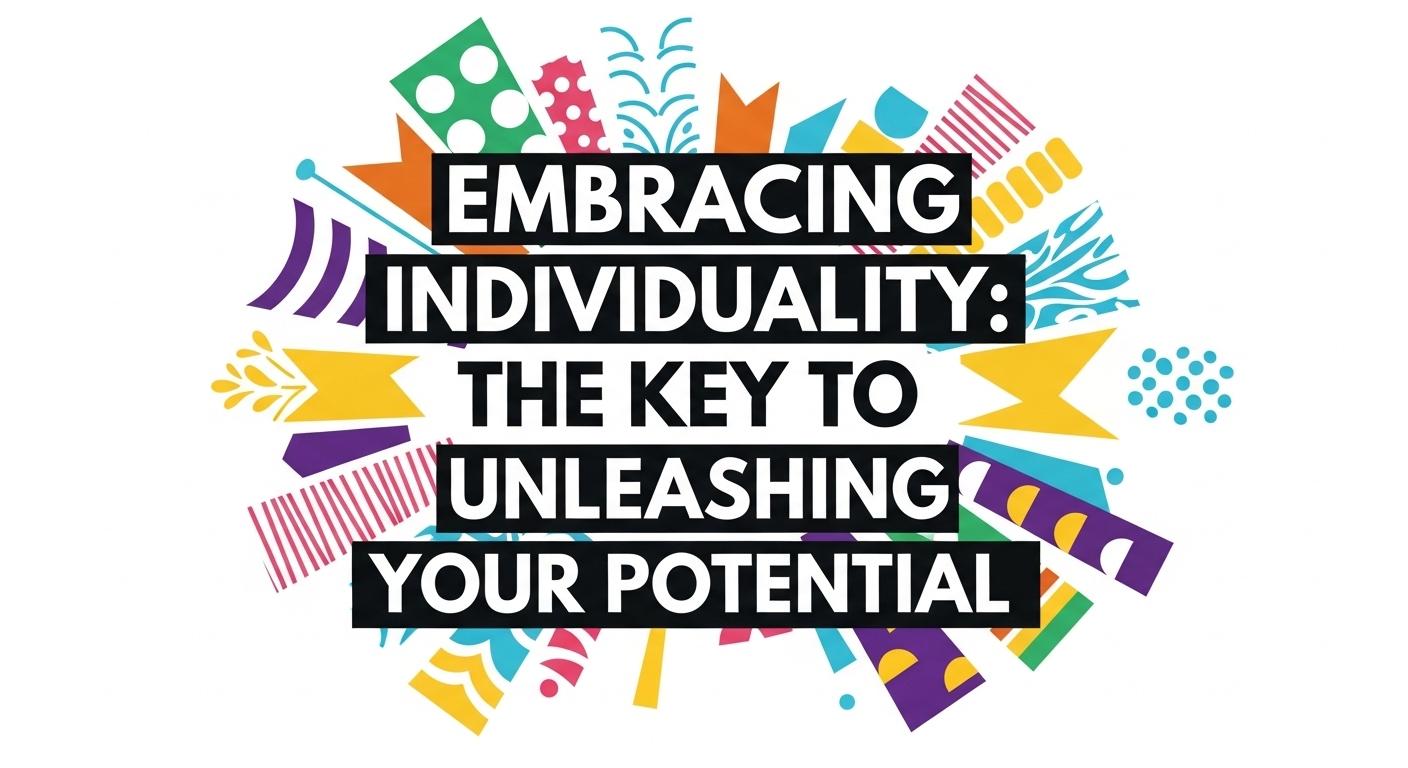The Power of the Individual: Understanding Its Role in Society
In a world that often emphasizes collectivism and unity, the concept of the individual remains a fundamental pillar of society. The notion of individuality is deeply ingrained in human nature and has shaped our civilizations, cultures, and identities over time. In this blog post, we will delve into the multifaceted nature of the individual, exploring its historical significance, practical applications, and future trends in an ever-evolving world.
**The Historical Roots of Individuality**
The concept of the individual has a rich history that can be traced back to ancient philosophical traditions. In ancient Greece, philosophers like Socrates and Plato deliberated on the importance of self-examination and personal growth, laying the groundwork for the notion of individual autonomy and self-expression. During the Enlightenment period, thinkers such as John Locke and Jean-Jacques Rousseau further developed the idea of individual rights and freedoms, challenging traditional societal structures and advocating for the empowerment of the individual.
**The Significance of Individuality in Modern Society**
In contemporary society, the concept of the individual plays a pivotal role in various domains, including politics, economics, and culture. Individual rights and freedoms are enshrined in democratic societies, where citizens are encouraged to express their unique perspectives and contribute to the collective good. Economic systems like capitalism celebrate entrepreneurial spirit and innovation, emphasizing the role of individuals in driving progress and prosperity. Moreover, in the realm of culture and arts, individual creativity and expression are celebrated as catalysts for social change and cultural evolution.
**Applications of Individuality in Everyday Life**
The concept of individuality manifests in numerous aspects of our daily lives, influencing our choices, behaviors, and interactions with others. From personal identity and self-expression to career development and decision-making, the notion of individuality shapes our sense of agency and autonomy. In workplaces, employers increasingly value employees who demonstrate initiative, creativity, and independent thinking, recognizing the unique contributions that individuals can make to organizational success. In social settings, individuals express their personalities and values through fashion, hobbies, and social media, shaping their identities and connections with others.
**Future Trends in Individuality**
As we navigate an increasingly globalized and interconnected world, the concept of individuality is evolving in response to new challenges and opportunities. Technological advancements, such as artificial intelligence and virtual reality, are reshaping how individuals engage with information, communicate with others, and navigate virtual spaces. The rise of social movements and advocacy groups underscores the power of collective action and solidarity in advancing individual rights and social justice causes. Furthermore, the growing emphasis on mental health and well-being highlights the importance of self-care, self-awareness, and self-compassion in nurturing individual resilience and fulfillment.
**Conclusion**
In conclusion, the concept of the individual is a dynamic and multifaceted force that shapes our identities, relationships, and societies. As we embrace the complexities of individuality in an interconnected world, we must recognize the value of diversity, autonomy, and self-expression in fostering a more inclusive and vibrant society. By honoring the unique strengths and perspectives of individuals, we can harness the transformative power of individuality to create a more equitable, compassionate, and sustainable future for all.

